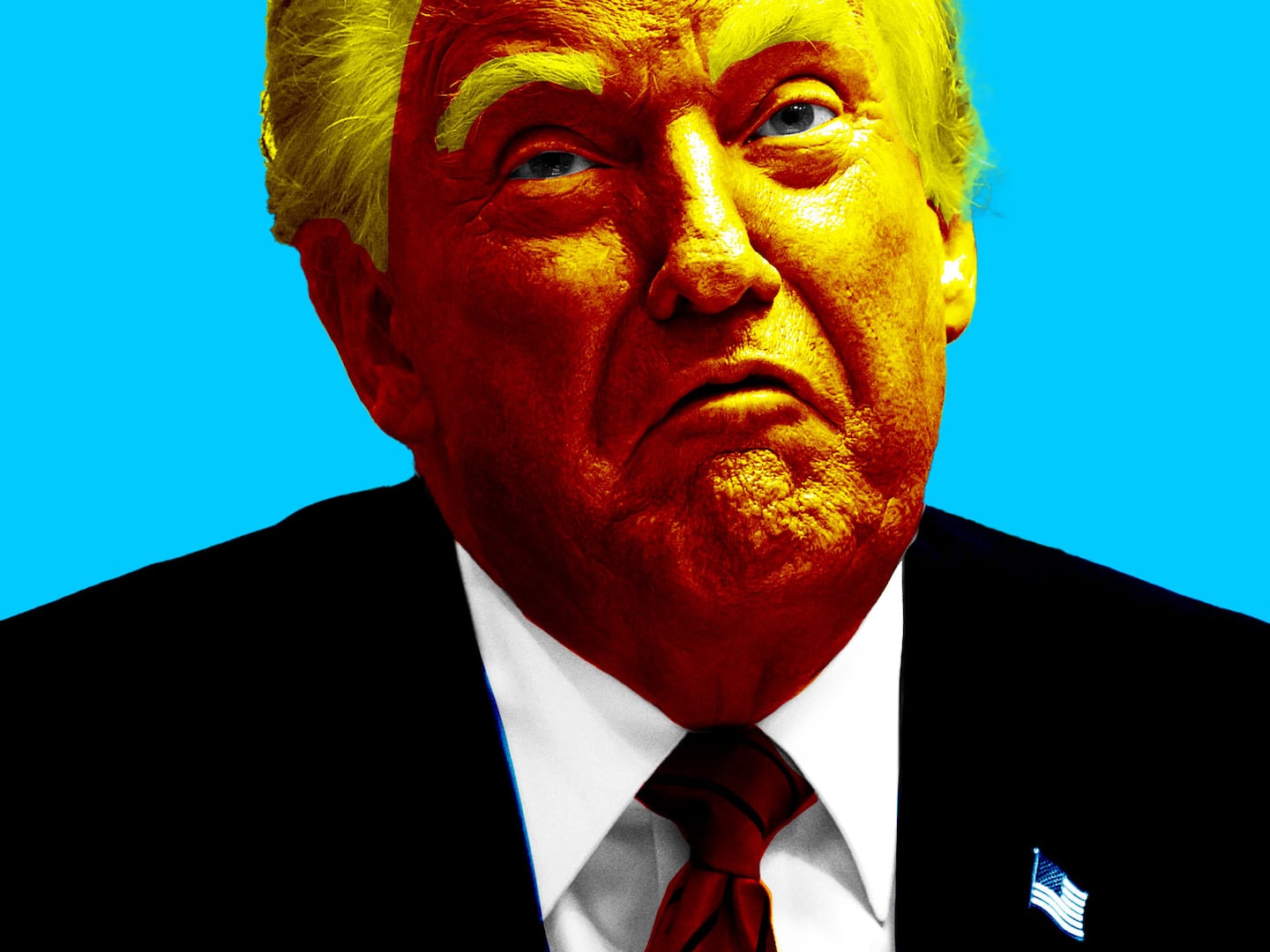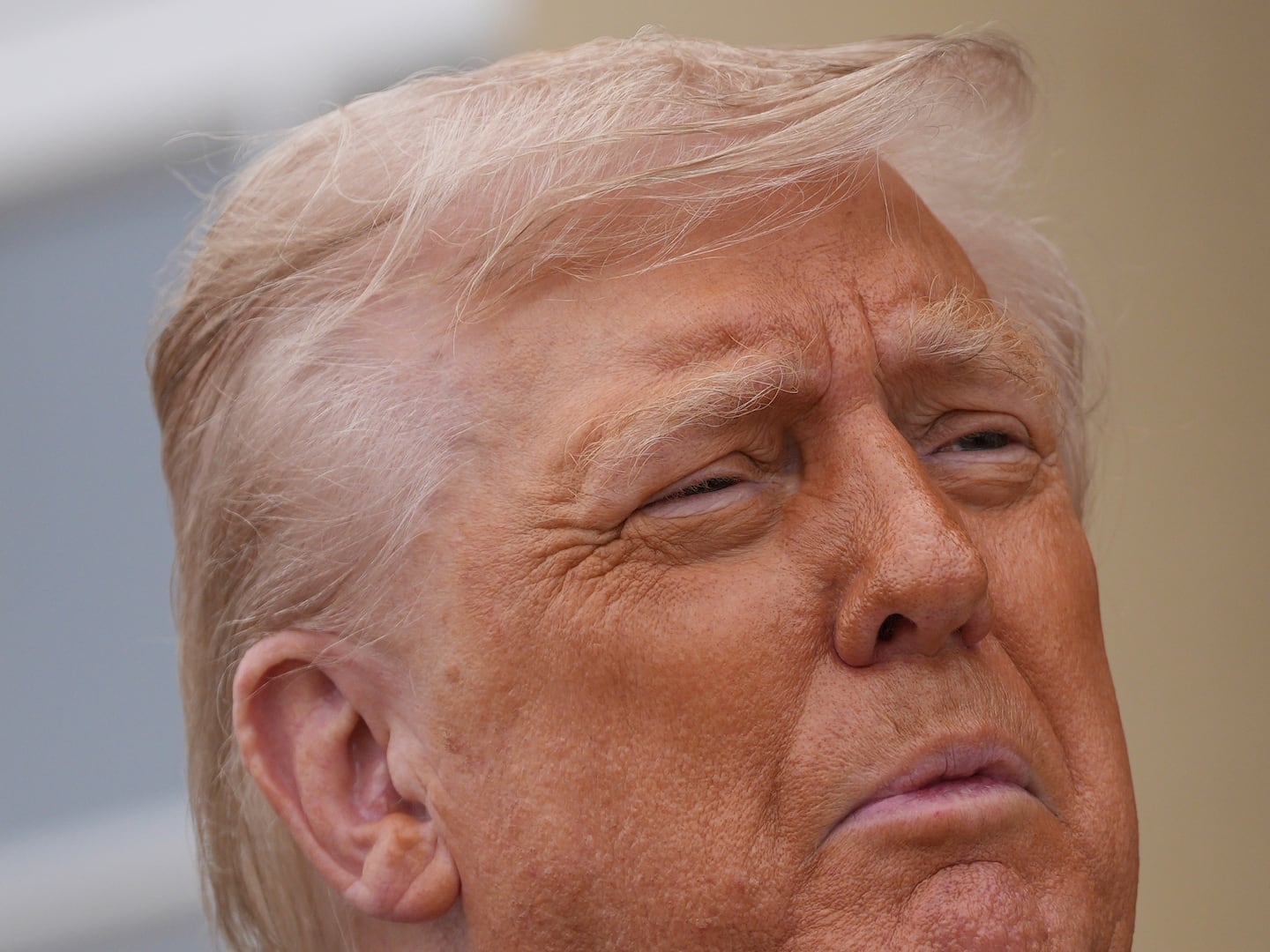Stellantis NV announced Thursday that it will lay off 900 workers in the United States following President Donald Trump’s tariffs announcement Wednesday. The automaker—formerly Fiat Chrysler Automobiles—will also temporarily pause production at two assembly plants in Canada and Mexico.
The announcement comes after Trump’s massive “Liberation Day” tariffs, which include 25 percent tariffs on imported vehicles. 46 percent of vehicles sold in the U.S. last year were imported, S&P Global Mobility reported.
Trump admitted Sunday that Americans might experience “short-term” pain from these tariffs. But some Wall Street investors and analysts say that these tariffs could plunge the auto industry into a full-on recession.
Bernstein analyst Daniel Roeska said that the tariffs could have a “chilling effect” on automakers.
“[Stellantis] has decided to take some immediate actions, including temporarily pausing production at some of our Canadian and Mexican assembly plants,” Antonio Filosa, Stellantis’ chief operating officer for the Americas, said in a letter to employees Thursday morning.
The United Auto Workers (UAW) union joined Trump’s Rose Garden “Liberation Day” ceremony on Wednesday.
“They really suffered gravely,” Trump said with UAW members present. “They watched in anguish as foreign leaders have stolen our jobs, foreign cheaters have ransacked our factories and foreign scavengers have torn apart our once beautiful American dream.”
UAW President Shawn Fain said in a statement Thursday that “Stellantis continues to play games with workers’ lives.”
“As we’ve shown time and again, they’ve got the money, the capacity, the product, and the workforce to employ thousands more UAW members in Michigan, Indiana, and beyond,” he said. “These layoffs are a completely unnecessary choice that the company is making.”

Stellantis laid off many of its workers in a series of widely criticized job cuts last year, but the UAW said that these layoffs “could be undone” and the jobs brought back with “well-designed auto tariffs.”
On Sunday, Fain praised Trump, telling CBS that “tariffs are a tool in the toolbox to get these companies to do the right thing, and the intent behind it is to bring jobs back here, and, you know, invest in the American workers.”
He clarified that these tariffs were “not the end-all solution” but that “we have to fix the broken trade system.”
The UAW protects its 400,000 active members by standing up to large corporations and business interests. Yet it has recently found itself siding with the president’s populist platform on tariffs.
“Trump has succeeded at putting the union in an awkward position where they have to support his policies but still probably detest him in other ways,” said Marick Masters, a professor at the Mike Ilitch School of Business at Wayne State University.
Other automakers reacted quickly to Trump’s tariff war. Ford Motor Company announced that it would offer customers employee-level discount rates starting Thursday.
Automakers abroad, including Mercedes Benz, are considering assembling more of their vehicles in the U.S., said production chief Jörg Burzer Thursday. The company is also debating pulling cheaper cars from the market, Bloomberg reported.
Auto sales in the U.S. increased significantly in March as Americans rushed to buy cars before the tariffs hit.
The Trump administration has also announced its plans to implement tariffs on imported auto parts in the upcoming weeks.
According to the Associated Press, Trump’s tariffs could raise the average price of an imported car by up to $12,500.
But Trump told NBC News Saturday that he “couldn’t care less if they raise prices because people are going to start buying American-made cars.”
“I hope they raise their prices because if they do, people are gonna buy American-made cars,” he added. “We have plenty.”






